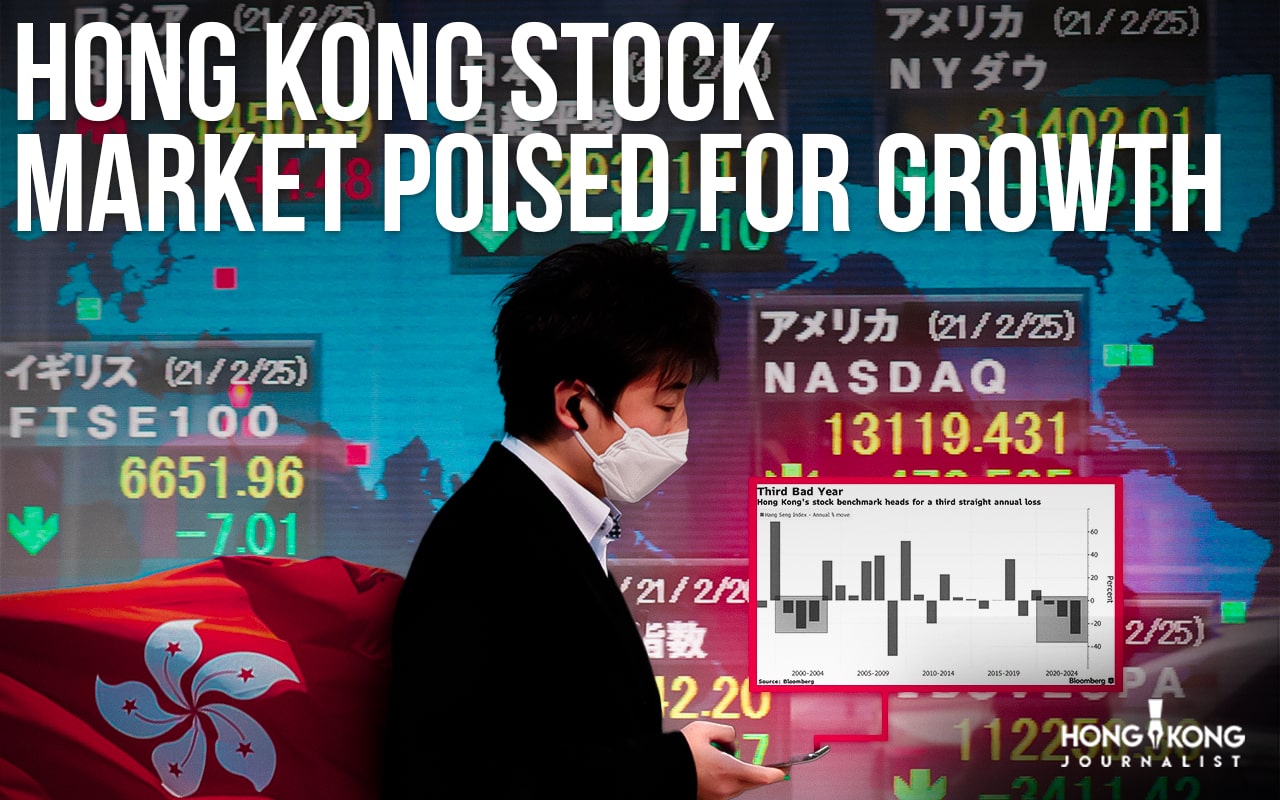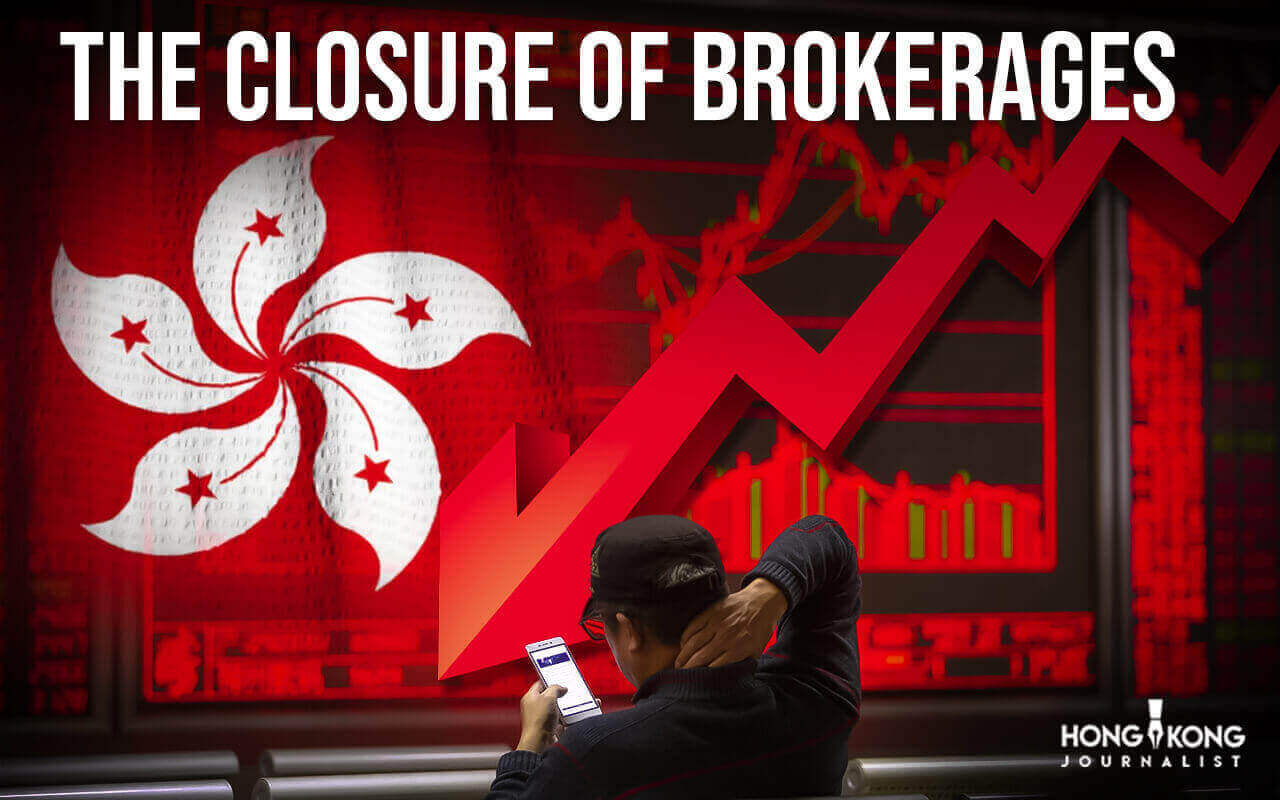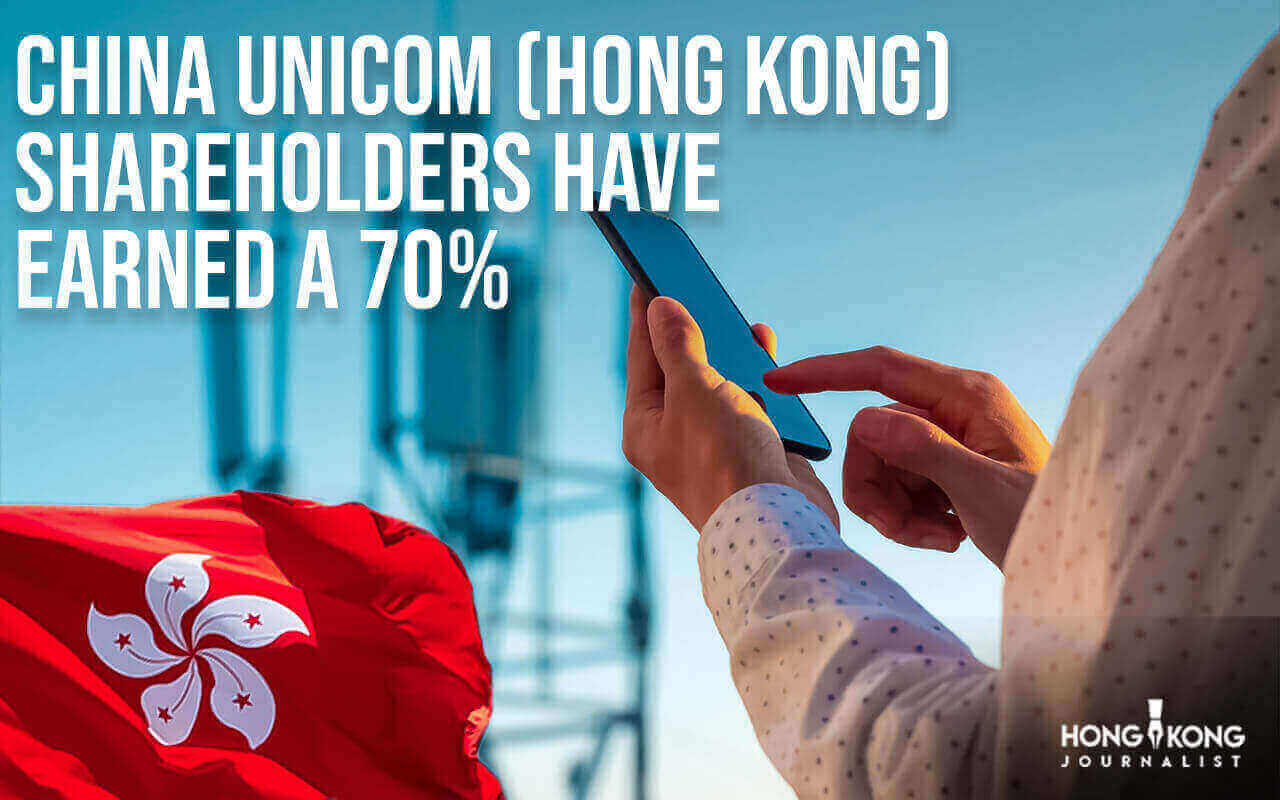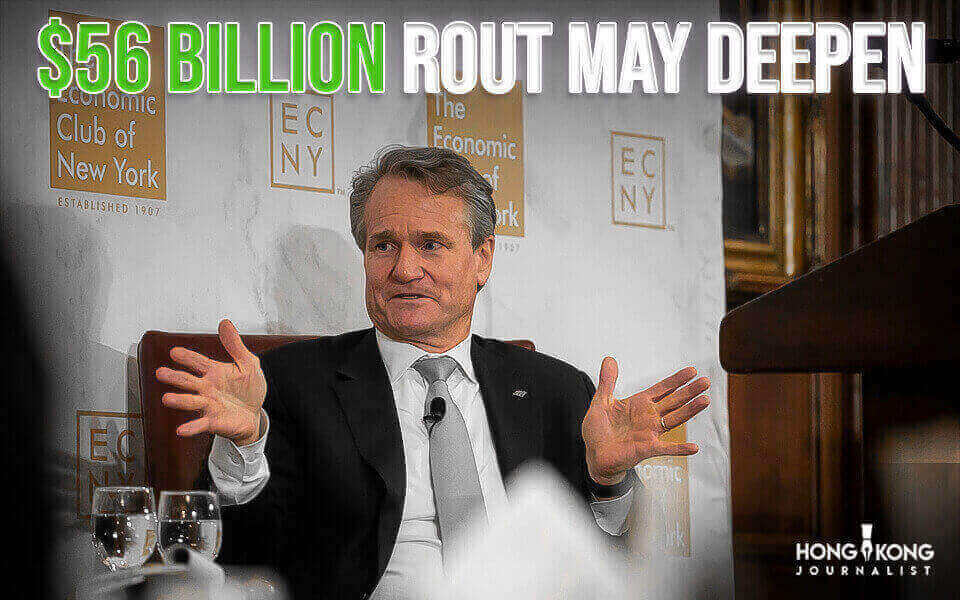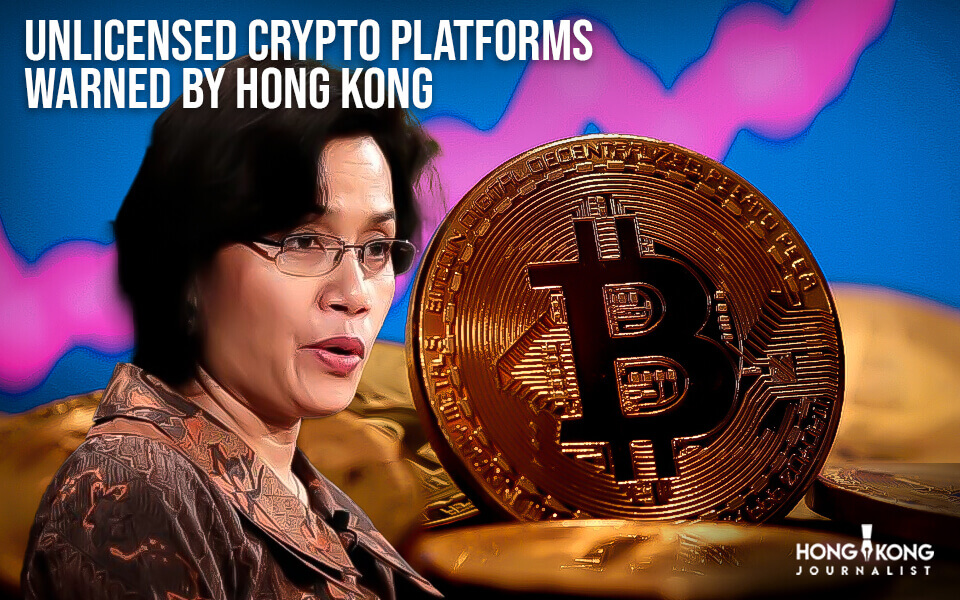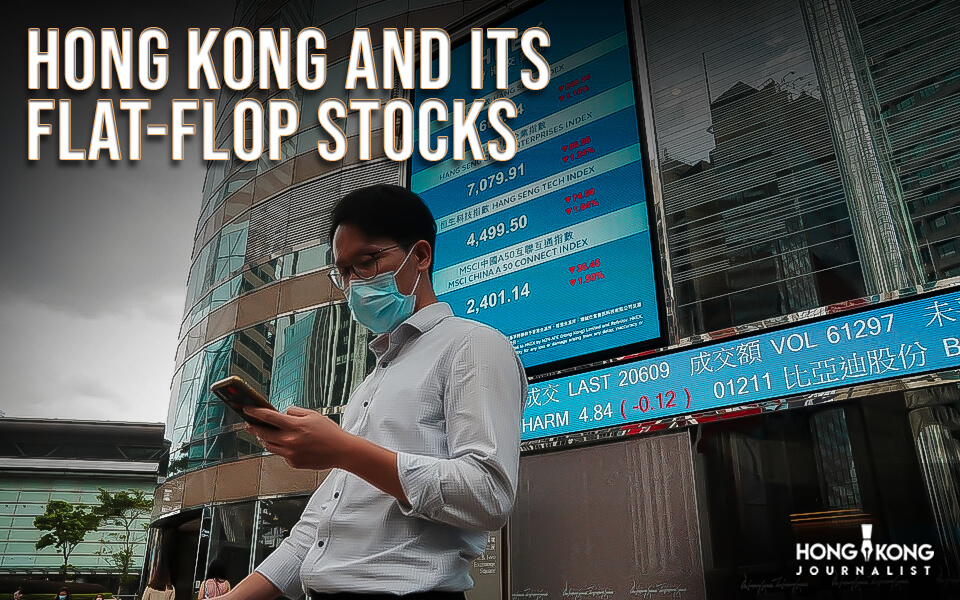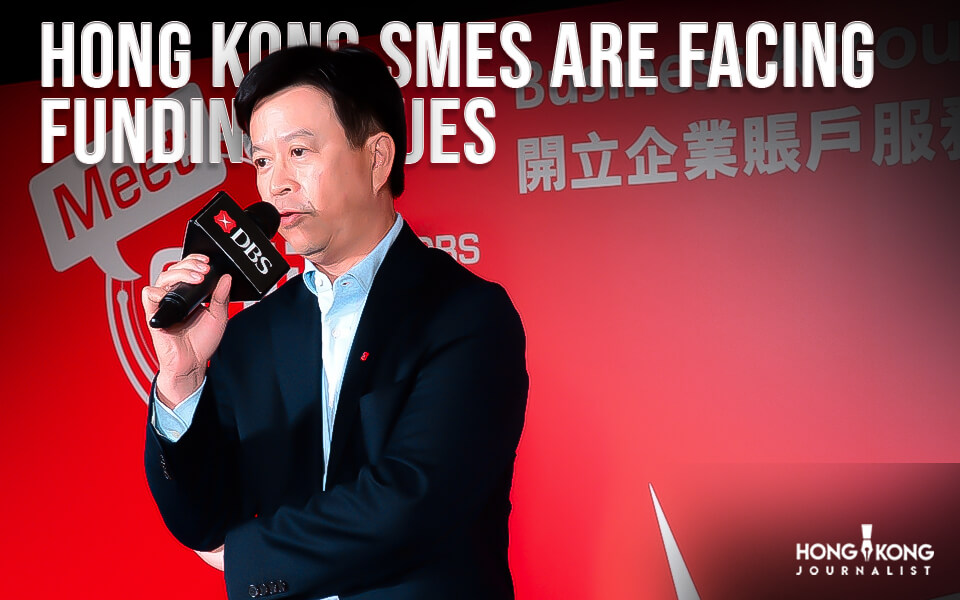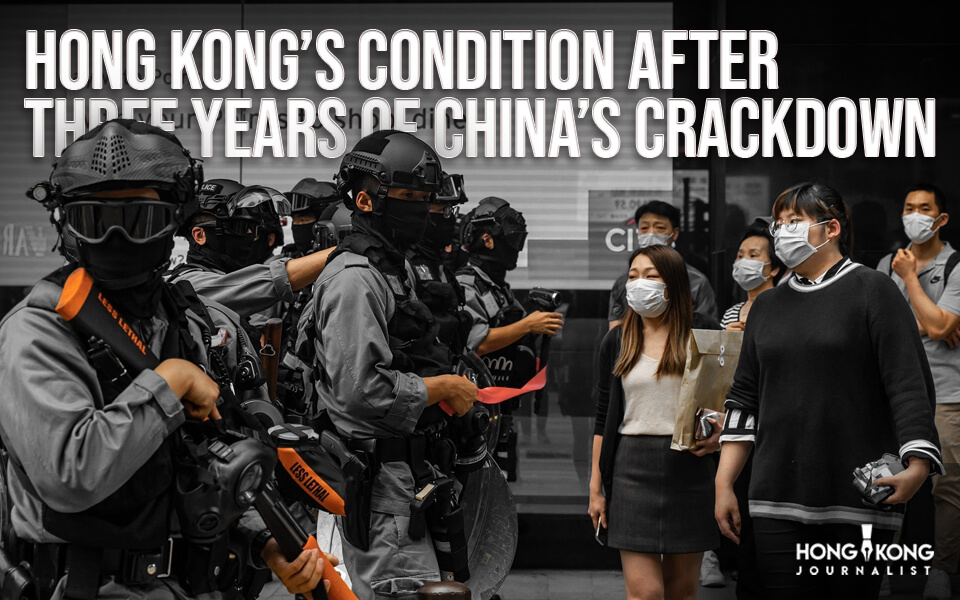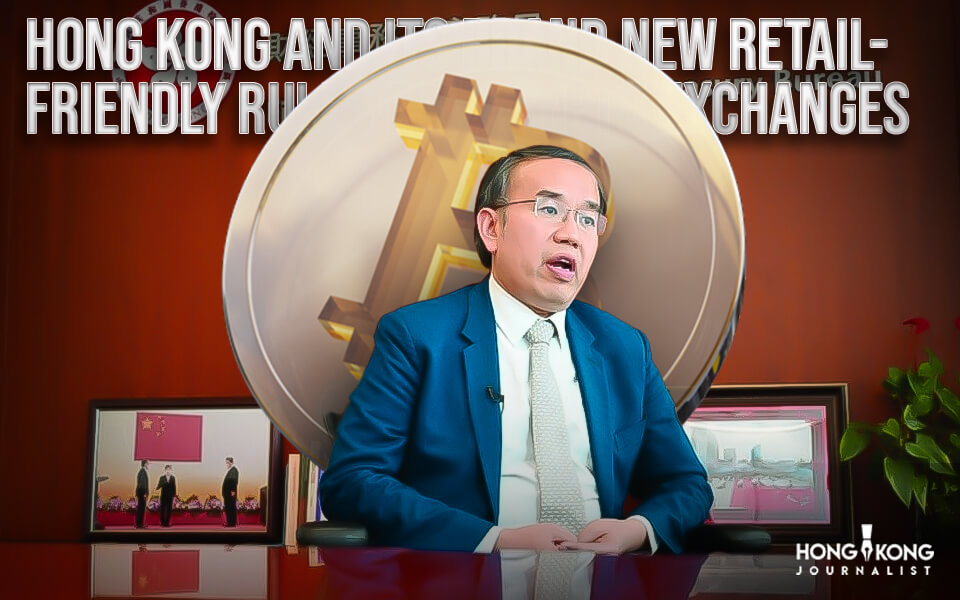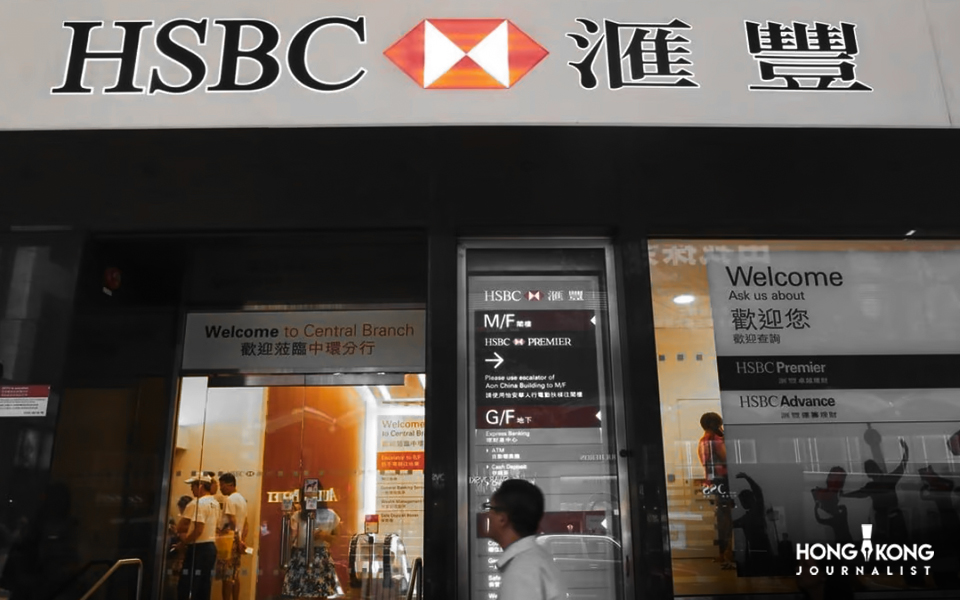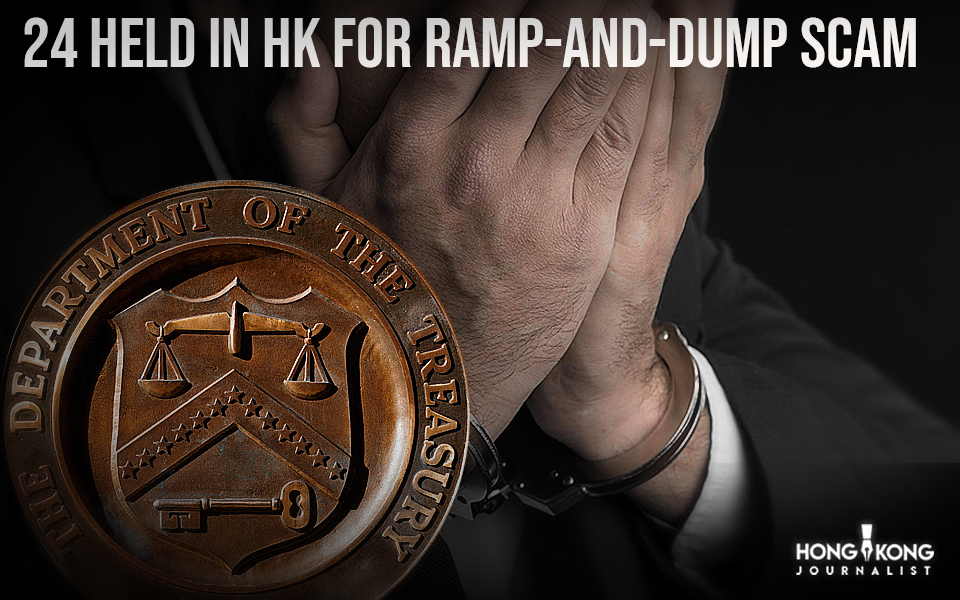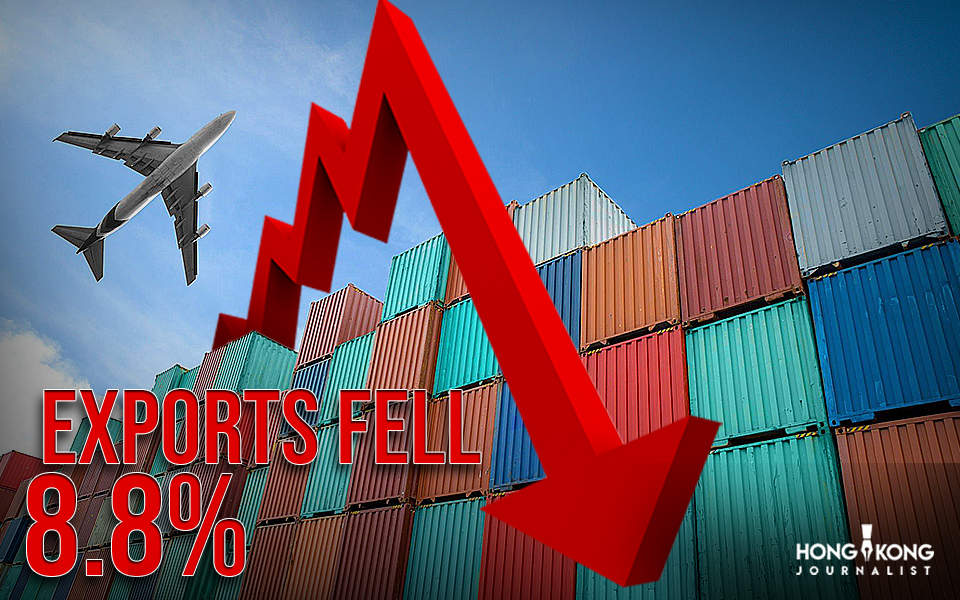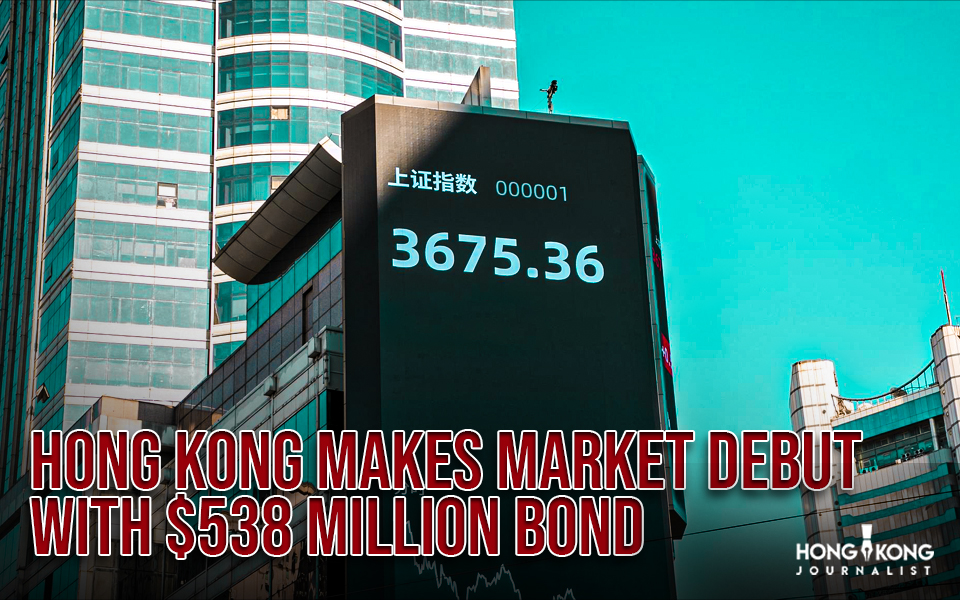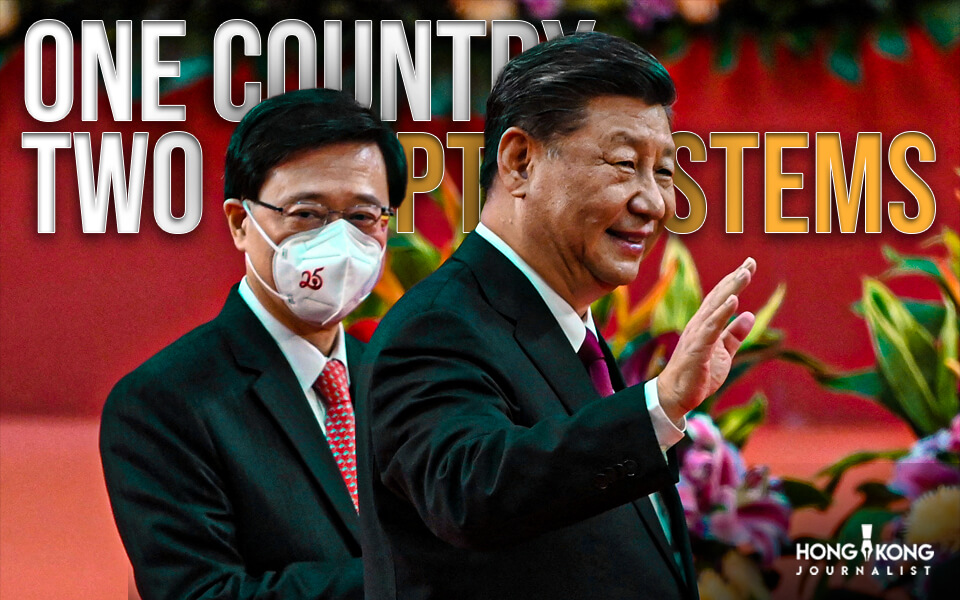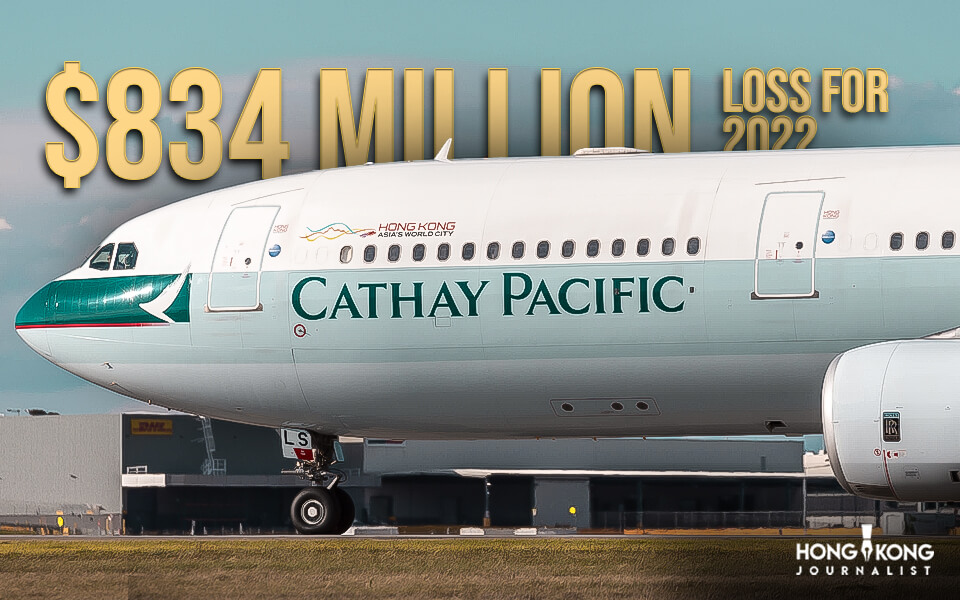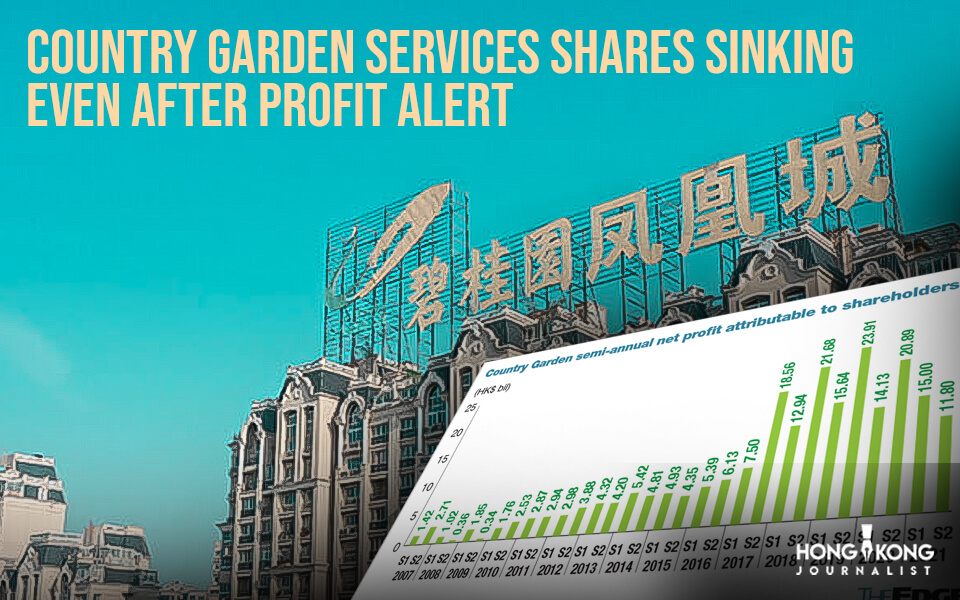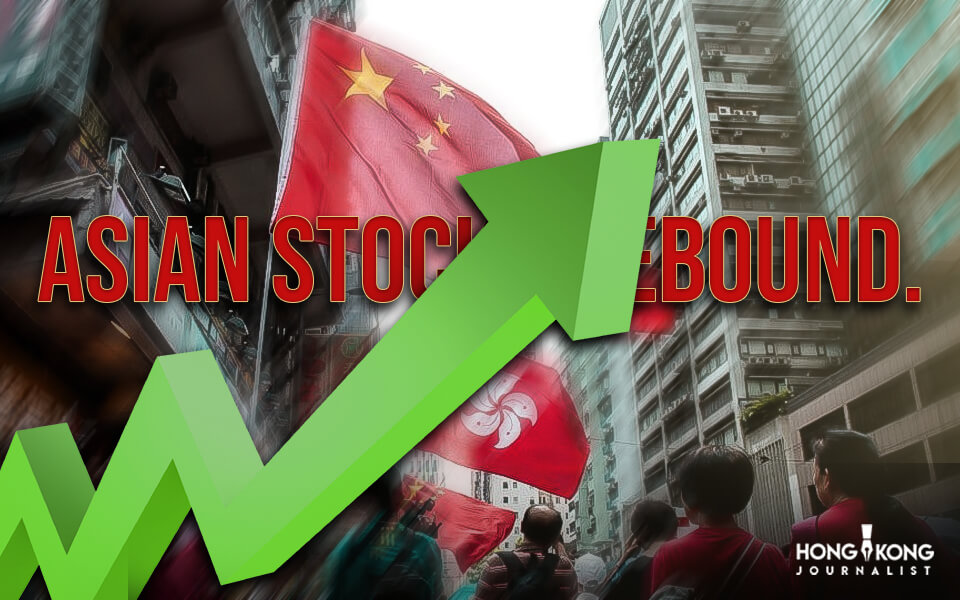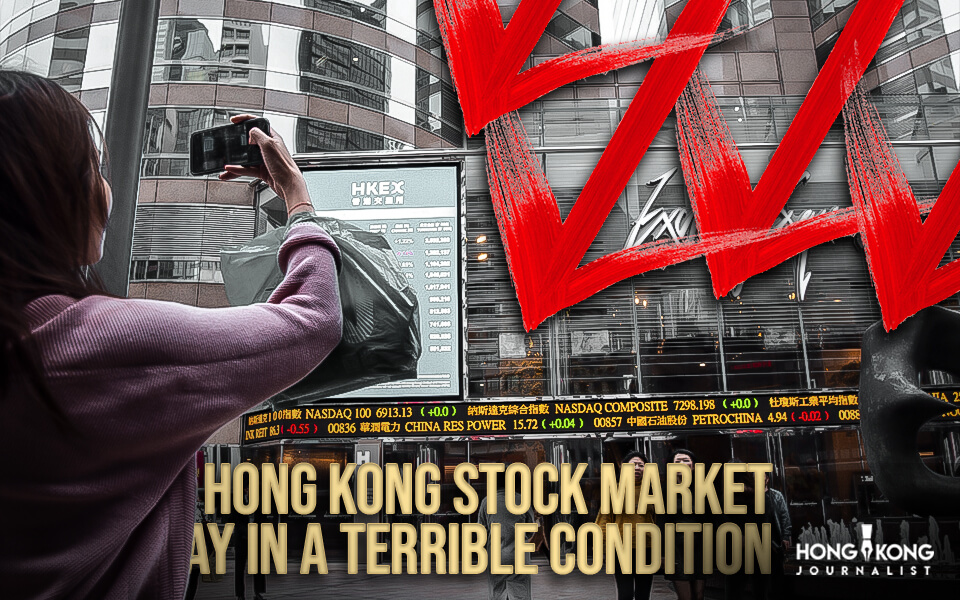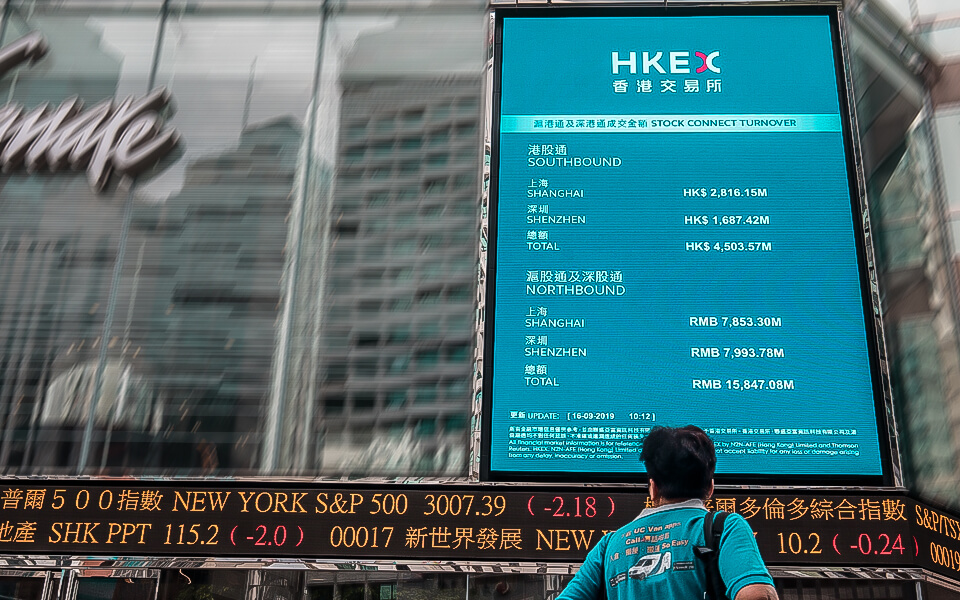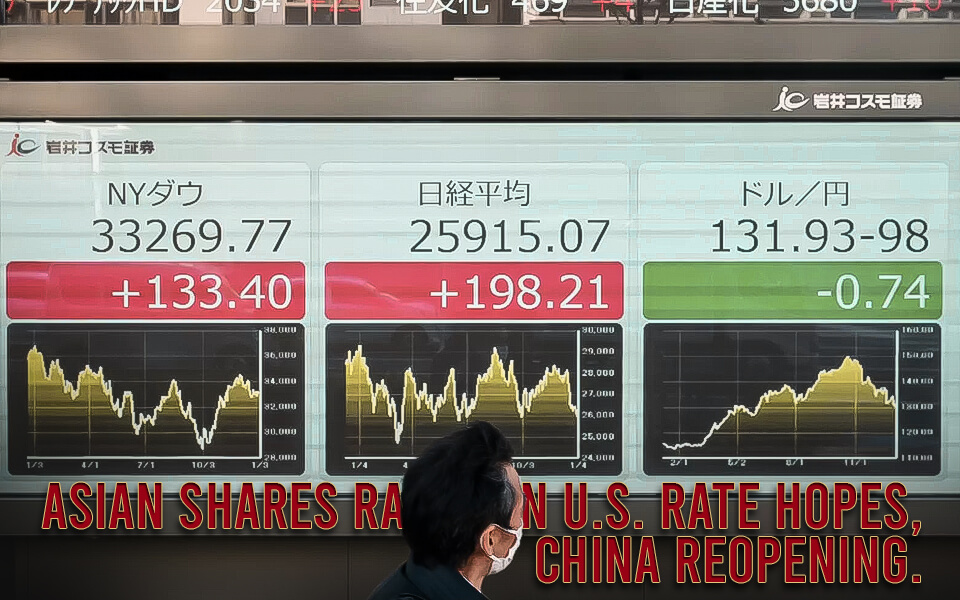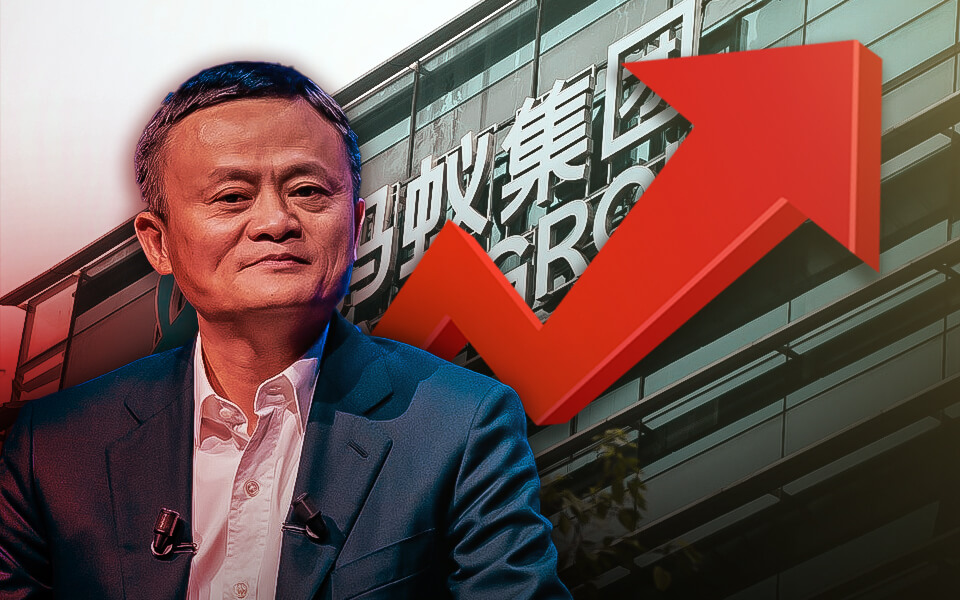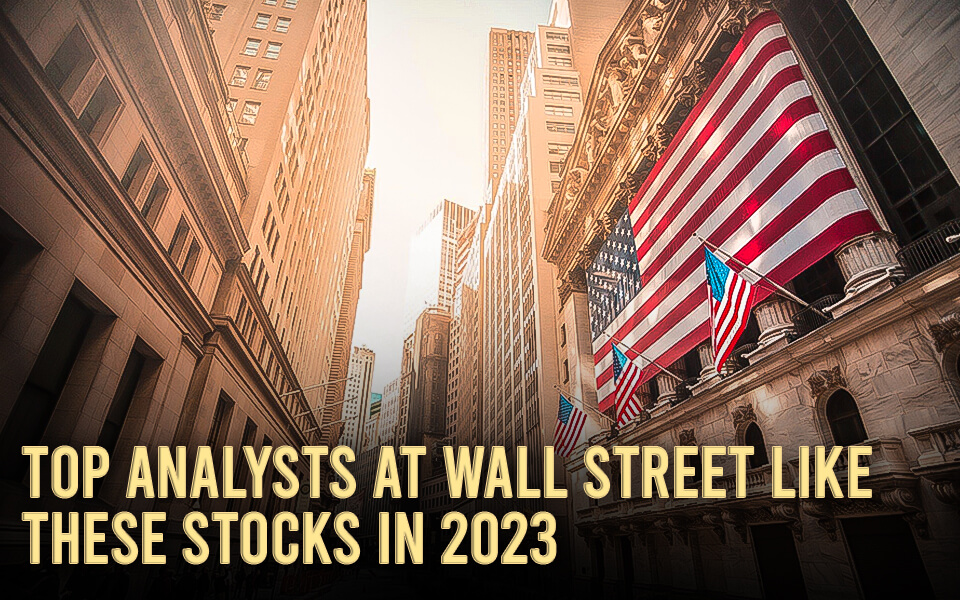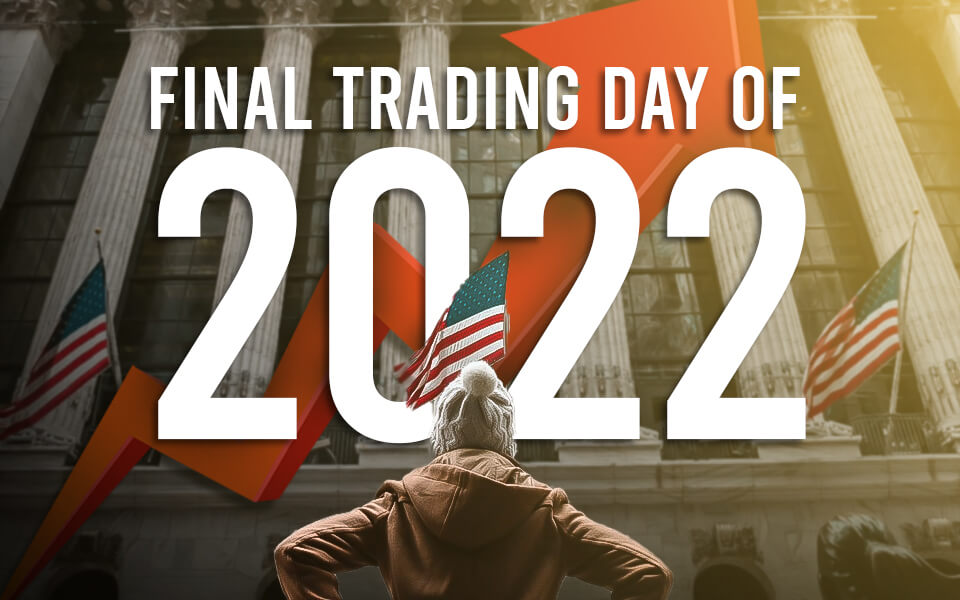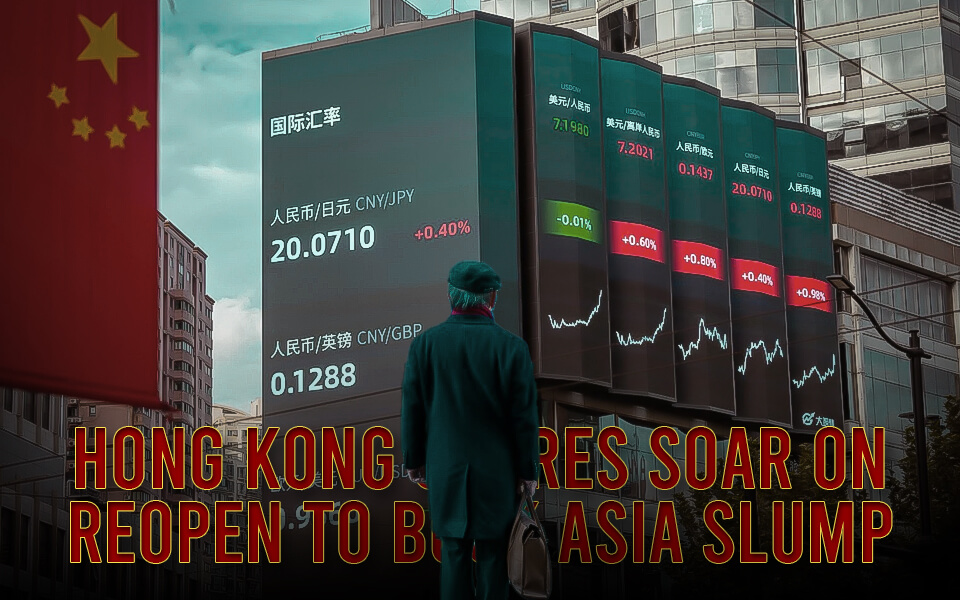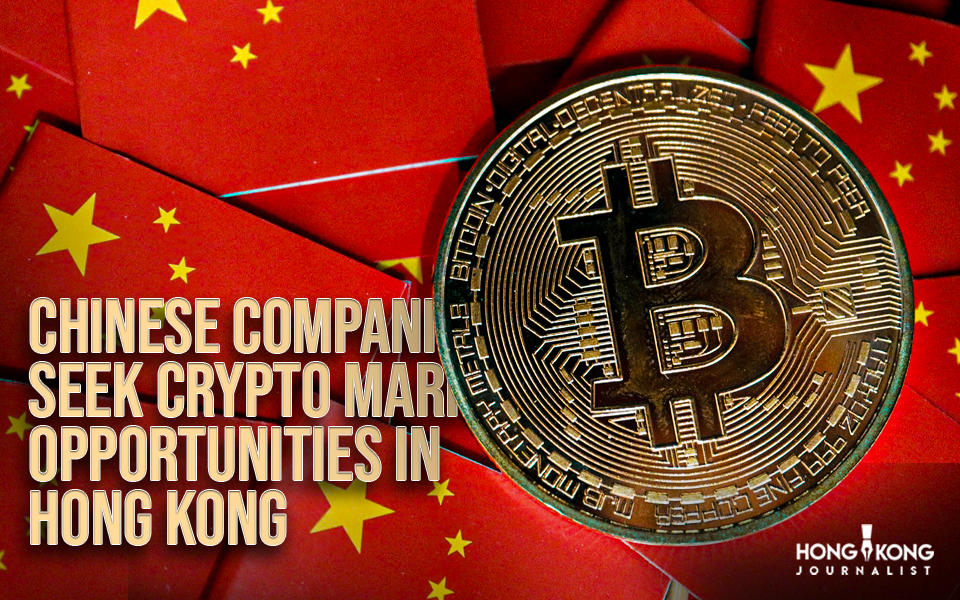
Despite Beijing’s crackdown on virtual assets, Hong Kong’s effort to become a regional cryptocurrency hub has drawn a continuous stream of business leaders from mainland China looking to investigate potential in the field.
Chinese securities companies and banks have expressed interest, according to attorneys and consultants, maybe due to the prospect that retail trading in bitcoin and Ethereum currencies will be permitted on the city’s two approved exchanges, HashKey and OSL.
More than 500 investors and business owners have joined up with Yu Jianing, who organises junkets for mainland startups visiting Hong Kong, to learn about potential in cryptocurrencies and other blockchain firms, also known as Web3.
In one tour organised by his business, UWeb, mainland business owners met with venture capitalists, incubator programme directors, and representatives of Invest Hong Kong, the government agency charged with luring foreign investment, over the course of five days.
“I have had many people reach out to me about establishing startups in Hong Kong, tax incentives, talent,” Yu said.
Only professional investors, or individuals with $1 million in assets, are now permitted to trade cryptocurrency on authorised exchanges in Hong Kong. The Securities and Futures Commission (SFC), however, put out measures last month that would allow for retail cryptocurrency trading in the city.
In contrast to the hard measures to cryptocurrency that have been disclosed in many other financial capitals in the wake of the bankruptcy of FTX, once one of the largest crypto exchanges, Hong Kong’s charm offensive is to lure Web3 investments.
Questions have also been raised over whether the actions were sanctioned by Beijing officials. Beijing outlawed cryptocurrency exchanges and bitcoin mining as part of a 2017 crackdown. Chinese police detained 63 suspects in December on charges that they utilised cryptocurrencies to launder 12 billion yuan ($1.7 billion).
“It is a gray area in the mainland,” said Xiaoba, a Chinese cryptocurrency entrepreneur who is moving his startup to Hong Kong next month. “There is clarity and a sense of safety in Hong Kong that would allow me to flourish.”
Joshua Chu, a lawyer who provides legal guidance to cryptocurrency businesses in Hong Kong, asserted that he thought Beijing was considering Hong Kong as a test market for Web3 enterprises that would eventually be accepted by Chinese authorities.
“Hong Kong is likely to take the lead and be a test bed,” he said. “China will likely build on the Hong Kong experience and roll out one with Chinese characteristics for the mainland.”
Since the SFC decided to loosen regulations in October, Cyrus Ip, a partner at Hong Kong’s Newman Capital crypto fund, said he has noticed a dramatic rise in queries from mainland business owners. Some of them “want to get permits and grow their business,” he said. “Startups may seek to organise a team or raise money here,”
Local government representatives from Nanjing and Hangzhou have attended industry networking events to “learn and observe,” according to persons acquainted with their activities, which may be a hint of official mainland views regarding the Hong Kong crypto industry.
According to a list of attendees seen by Nikkei Asia, senior executives from mainland banks were among the 78 guests who attended a Web3 event this year sponsored by HashKey Group and the Hong Kong branch of Shanghai Pudong Development Bank.
Invitations to the event were sent to executives from China Merchants Asset Management Hong Kong, China Construction Bank International, Industrial Bank, and Commercial Bank of China. Sources claimed that there were representatives from unnamed Chinese banks there.
According to those with knowledge of the situation, China Merchants Banks’ asset management division, Shanghai Pudong Development Bank, and Fosun Wealth, the Chinese conglomerate’s investment banking and securities division, are among the financial institutions that have shown interest in Hong Kong cryptocurrency projects.
“They have interest if it’s open to retail, not so much if it’s only available to professional investors,” said one source, adding that the size of the latter market would be limited.
Without naming them, Secretary for Finance and Treasury Christopher Hui stated at a Web3 investment event on Monday that 23 global and mainland web3 enterprises, including exchanges, have shown a desire to set up shop in Hong Kong.
The OSL exchange is collaborating with two securities brokers, namely Interactive Brokers of the United States and Victory Securities of Hong Kong, to assist professional investors in trading cryptocurrency.
If mainland businesses do launch cryptocurrency trading services in Hong Kong, they will confront a significant obstacle. Since China forbids cryptocurrency trading domestically, it is unclear whether the securities companies would permit mainland clients to participate in cryptocurrency trading despite the fact that they have sizable client bases with mainland Identities.
An executive from a Hong Kong-based securities firm indicated that the company won’t actively market to customers who only have mainland IDs. Yet, it might be argued that a client is sourcing money from Hong Kong rather than the Chinese mainland if they also have a Hong Kong ID, bank account, and phone number.
20% of the company’s 100,000 customers only have a mainland ID, according to the executive who, given the sensitivity of the situation and China’s recent tightening of capital controls, requested anonymity.
- Published By Team Hongkong Journalist



